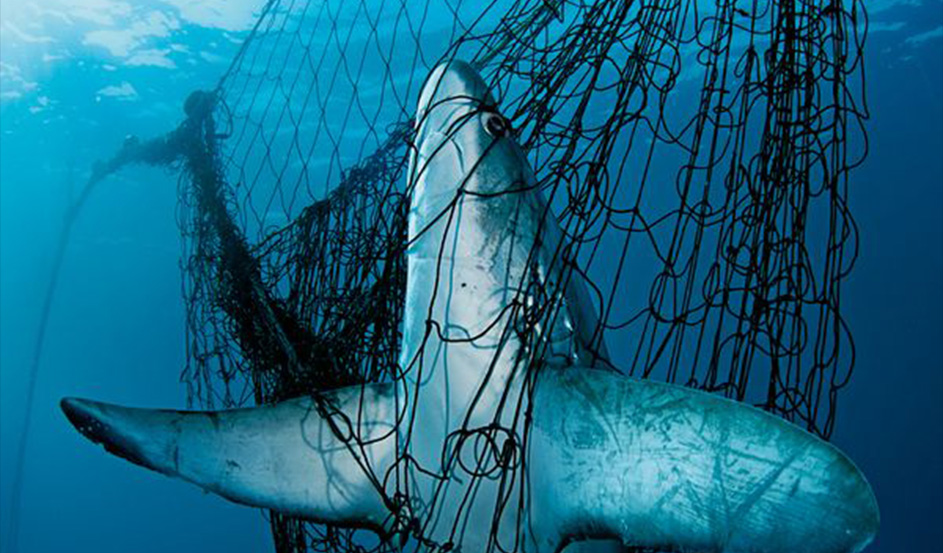
SUSTAINABILITY – AN ONGOING ISSUE
Last week I met Chef Martin Scholz, head chef of Catch restaurant at the Andaz – Hyatt hotel here in London. Since taking the helm at Catch 2 years ago Martin has managed to not only raise the bar in terms of food standards, but also in ethical standards too.. Catch is now recognized as one of the London’s top restaurants for fisheries sustainability awareness. My discussion with Martin regarding sustainability had a lasting effect on me and I begun digging a bit deeper, this is an very basic overview of the issues at hand..
The Common Fisheries Policy (CFP) is the fisheries policy of the European Union (EU). It sets quotas for which member states are allowed to catch what amounts of each type of fish, as well as encouraging the fishing industry by various market interventions. In 2004 it had a budget of €931 million, approximately 0.75% of the EU budget.
However a report by the Court of Auditors, which was drafted late last year, is said to highlight a “string of failings” in the CFP policy and its implementation.
It says the policy has neither protected fish stocks nor exploited potential capacity for fishing fleets. The report states that despite the huge amounts of taxpayers cash spent on the policy, €1.7bn has been wasted since 2002 on vessel decommissioning with “no tangible results”.
It goes on to say that 90 per cent of fish stocks are over fished, that 30 per cent of these are over safe biological limits and some 100,000 jobs have been lost in fishing to date.
Another major issue is bycatch. Bycatch refers to fish caught unintentionally in a fishery while intending to catch other fish. Fleets sometimes throw fish back, usually dead, because they have exceeded their quota or have inadvertently caught less valuable species. It is estimated that for every one pound of seafood that makes it 5 pounds of seafood is thrown back overboard. In the EU about three-quarters of fish stocks are estimated to be overfished.
According to a recent report by the New Economics Foundation restoring fish stocks to health would create jobs and increase the income of Europe’s fishing fleets by £2.7bn a year. The NEF also reported that if stocks were allowed to recover, more fish would actually be caught in future than are caught at present, estimated at approximately 3.5 million tons. It also estimated that this would result in the creation of 100,000 new jobs in the fisheries sector.
In February 2012, UK MPs refused to ban the controversial practice of discarding surplus fish back into the sea. Therefore fishermen are allowed to continue discarding edible fish at sea, despite public pressure to stop the wasteful practice.
A high-profile public campaign led by the chef Hugh Fearnley Whittingstall has called an end to the discarding of fish. Partly in response to the campaign, the European commission has proposed a phased-in ban on discards, which the UK government has backed in Brussels. But the environment and rural affairs committee called in a report published on Friday for the practice to be allowed to continue until 2020 at least. The MPs said it had not been proved how many fish died after being discarded and called for more research. They cast doubt on whether it was possible to end discards.
“We are concerned that, by deciding to implement a discard ban swiftly and without full engagement with stakeholders, the commission risks creating a scheme that will be unworkable, or worse, will merely shift unwanted fish in the sea to unwanted fish on land,” the committee said.
Anne McIntosh, who chairs the committee, said: “Everyone is appalled by revelations about the levels of discarding. We heard first-hand from fishermen in Hastings how frustrating it is for them to have to throw back perfectly good cod into the sea. The commission is right to want to tackle this, but we are concerned that a kneejerk reaction to the public outcry will do more harm than good. The last thing that we want to see is unwanted fish in the sea becoming unwanted fish in landfill.”
So this gives you an idea about the current situation, however during my research I came across this fantastic animation entitled The Story of Sushi (by Bamboo Sushi) which really does a much more entertaining job of telling the story.


Leave a Reply